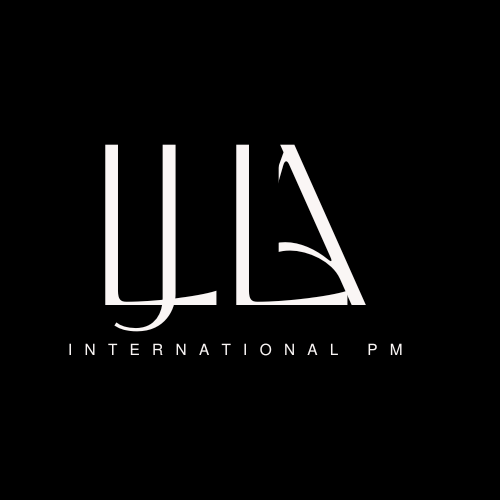We live in a professional environment in constant transformation. Borders are dissolving, teams are distributed, and cultures coexist in the day-to-day of ambitious projects. In this new context, managing is no longer just about planning, controlling costs, or meeting deadlines. Today, leading means knowing how to interpret, connect, and align deeply different ways of thinking, working, and relating
Multiculturalism is no longer the exception: it is the norm.
Throughout my career as an international project manager, I have had the opportunity to work with teams in Europe, the UK, the Middle East and the Caucasus. Each environment brings a particular understanding of key concepts such as time, hierarchy, communication and decision making. What represents efficiency in one culture may be perceived as haste in another. What is flexibility for some may appear as disorganisation to others.
One of the most valuable lessons learned has been the understanding that each culture has its own speed of execution:
- In Northern Europe, as in Finland, processes tend to be more reflective, rigorous and long-term oriented.
- In Mediterranean areas or in the Middle East, the capacity to react is much quicker and more flexible, with a strong emotional component.
- In the Caucasus, formal hierarchical structures are combined with a remarkable informal adaptability.
These differences not only condition the implementation of the project, but also how trusting relationships are built and how leadership is interpreted. Interestingly, cultures that operate at slower paces tend to offer higher levels of empathy and relational cohesion. Recognising these patterns, and managing them with balance, is an essential part of my approach.
Multiculturalism demands different skills
Technical skills remain essential: timelines, budgets, deliverables. But in international scenarios, these tools are no longer enough. Leading in diversity requires a more subtle and human set of skills:
- Active listeningto capture the explicit as well as the implicit
- Adaptabilityto adjust the strategy without losing direction
- Cultural empathyto avoid emotional or social misunderstandings.
- Intercultural communicationmodulated according to the receiver
- Contextual readingespecially useful in hierarchical environments
- Emotional managementto act with balance even in sensitive situations
Ethical dilemmas also arise where cultural politeness can border on the limits of professional integrity. For example, in some countries it is common for clients to offer gifts as a sign of respect. In others, such a gesture may be seen as a conflict of interest.
My work is inspired by the fundamental values promoted by organisations such as the Project Management Institute (PMI). Your Code of Ethics and Professional Conduct is a solid reference that I apply as an ethical framework in complex multicultural environments. Knowing when to act, when to explain and when to decline gracefully is part of the craft.
Why is this a real advantage?
Working with an international PM brings tangible benefits:
- Anticipating cultural bottlenecks before they affect deadlines or costs
- Aligning diverse teams towards common goals
- Translating expectations across cultures
- Improved decision making thanks to a broader vision
- Managing difficult relationships without compromising ethics
- Ability to move the project even when others are still reading the terrain
In a nutshell
Leading in multicultural environments is not just about speaking several languages. It is about knowing how to read the space, the people and the invisible codes of each culture. In my experience, this translates into very concrete contributions for clients:
- Launching projects in countries with complex regulatory or cultural environments
- Leading offshore teams with consistency and results
- Mediating between conflicting interests with sensitivity and objectivity
- Design effective communication structures, adapted to the context.
- Detecting ethically sensitive areas before they escalate
In a connected and changing world, international experience is not an extra. It is a leadership tool
In times of change, adapting is not an option: it is the basis of effective leadership.

